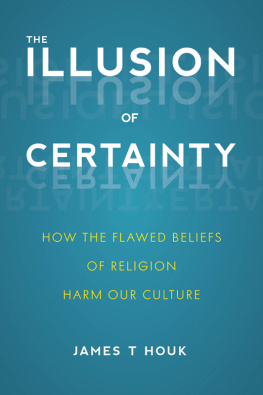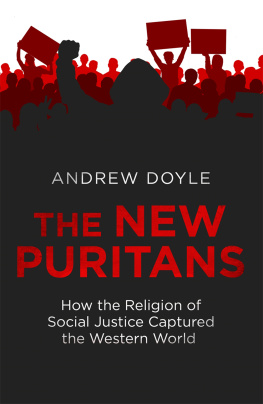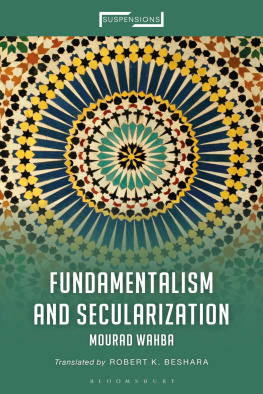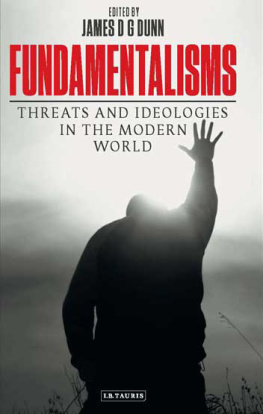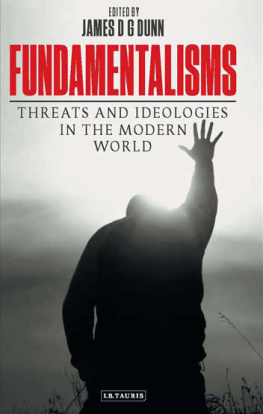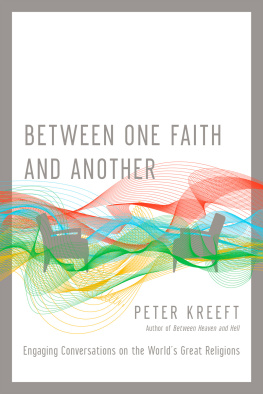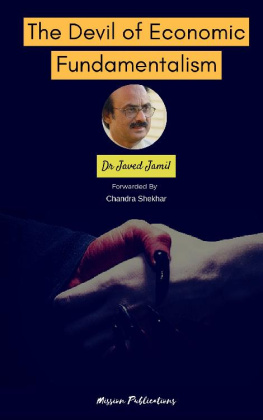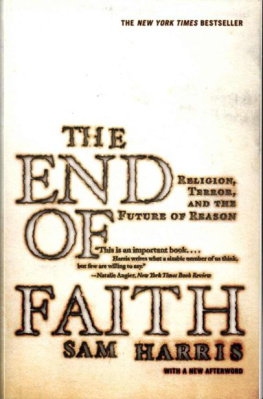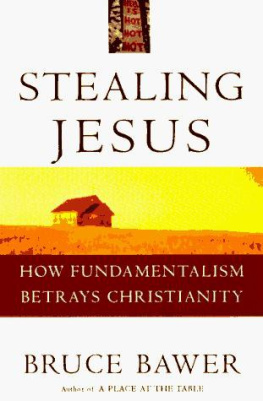ADDITIONAL PRAISE FOR THE ILLUSION OF CERTAINTY
Have you ever wondered how the majority of humans are religious, but their religions teach them entirely different things about the world we live in, the nature of divinity, and the human condition? This polemical book discusses these issues, and many more, in detail. The author's thesis is that since everyone would agree that not all religions (thousands of them) are correct, it must be the case that none of them are correct. Yet this obvious contradiction is generally ignored. Religion is not subject to rational or empirical tests, and when it wanders into the realm of science or historical fact (as in the heliocentric theory or the age of the earth) it does very poorly. The book demolishes the idea that religion teaches universal moral truths, quoting as an example the instruction from God to the Israeli invaders of Canaan to kill every man, woman, and child, and the command that a parent kill any son who drifts into alternative religions. Its fact-filled pages also include a devastating critique of Creationism (informed by the author's experience teaching science to college students in Louisiana). Unfortunately, this fine book is unlikely to be read by those who need it most, but skeptics will want to have it on their bookshelves.
David Morrison, Committee for Skeptical Inquiry Fellow
Biblical literalists will have more than they can handle in this engagingly wicked book. Combining relativism, rationalism, and a liberal dose of snark, Houk takes careful aim at the ostentatiously and ignorantly pious. The result is a withering attack on religious fundamentalism and creationism, and some important schooling about the Bible!
Jonathan Marks, anthropologist and
author of Tales of the Ex-Apes
This very powerful and informative book exposes the illusion of certainty borne of religious fundamentalism for what it really is, unsubstantiated ignorant beliefs that masquerade as certainty. Using several key examples, Houk illustrates that virtually anything and everything, no matter how absurd, inane, or ridiculous, has been believed or claimed to be true at one time or another by somebody, somewhere in the name of faith. He proves that to adopt faith-based claims with blind certainty has caused untold misery and death and must be jettisoned from modern life if we want a good society. Excellent and highly recommended!
John W. Loftus, author of Why I Became an Atheist,
The Outsider Test for Faith, and
Unapologetic: Why Philosophy of Religion Must End
Houk clearly demonstrates the importance of epistemology and evidence in his critique of religious fundamentalism. His analysis of the errors rooted in fundamentalism's faith-based epistemology is convincingly argued and based on solid research.
Barbara Forrest, coauthor with Paul R. Gross of
Creationism's Trojan Horse: The Wedge of Intelligent Design
and expert witness for the plaintiffs in
Kitzmiller et al. v. Dover Area School District
Published 2017 by Prometheus Books
The Illusion of Certainty: How the Flawed Beliefs of Religion Harm Our Culture. Copyright 2017 by James T. Houk. All rights reserved. No part of this publication may be reproduced, stored in a retrieval system, or transmitted in any form or by any means, digital, electronic, mechanical, photocopying, recording, or otherwise, or conveyed via the Internet or a website without prior written permission of the publisher, except in the case of brief quotations embodied in critical articles and reviews.
Cover design by Liz Mills
Cover design Prometheus Books
Trademarked names appear throughout this book. Prometheus Books recognizes all registered trademarks, trademarks, and service marks mentioned in the text.
The Internet addresses listed in the text were accurate at the time of publication. The inclusion of a website does not indicate an endorsement by the author(s) or by Prometheus Books, and Prometheus Books does not guarantee the accuracy of the information presented at these sites.
Scripture quotations are from the New Revised Standard Version Bible, copyright 1989, the Division of Christian Education of the National Council of the Churches of Christ in the United States of America. Used by permission. All rights reserved.
Inquiries should be addressed to
Prometheus Books
59 John Glenn Drive
Amherst, New York 14228
VOICE: 7166910133
FAX: 7166910137
WWW.PROMETHEUSBOOKS.COM
21 20 19 18 17 5 4 3 2 1
Library of Congress Cataloging-in-Publication Data
Names: Houk, James T. (James Titus), 1955- author.
Title: The illusion of certainty : how the flawed beliefs of religion harm our culture / by James T. Houk.
Description: Amherst : Prometheus Books, 2018. | Includes bibliographical references and index.
Identifiers: LCCN 2017017359 (print) | LCCN 2017042647 (ebook) | ISBN 9781633883246 (ebook) | ISBN 9781633883239 (pbk.)
Subjects: LCSH: ReligionControversial literature. | Atheism. | FundamentalismControversial literature.
Classification: LCC BL2775.3 (ebook) | LCC BL2775.3 .H68 2018 (print) | DDC 200dc23
LC record available at https://lccn.loc.gov/2017017359
Printed in the United States of America

While I am a fan of Christopher Hitchens and would certainly argue that his life's work served to correct much of what passes for rational discourseespecially that which emanates from talk radio and from behind pulpits every SundayI can understand why some have a problem with his notion that religion poisons everything, as he states in the subtitle of his work god Is Not Great. For example, I teach at a Catholic college where the Franciscan values of humility, justice, service, joyfulness of spirit, and a reverence and love for all life serve as a foundation for instruction. Hard to argue with that. Also, one might argue that religion has been a catalyst for some of the greatest works of art in existence. One might also argue that religion has motivated tens of thousands of good souls to do wonderful work serving the poor, the indigent, and the marginalized. Even if the believer concedes the point that agnostics and nonbelievers of all stripes have also produced great works of art and served humanity in a charitable fashion, she might continue a defense of her position by noting that, in regard to those folks who were motivated by religious reasons to paint, sculpt, and serve, who knows if they would have not done otherwise had they not been so influenced.
I am more sympathetic, however, to those irreligionists who say, Yes, yes, of course, religiously motivated folks have engaged in charitable work, been active in the cause of social justice, and produced great works of art, but at what costs? The implication here is that the good that has been motivated by religion has been more than countered by the badfor example, religious wars, killing in the name of this or that god, the marginalization (and worse) of women and girls, and the tendency of religions to push humans in directions that are unnatural (such as the negative obsession with human sexuality and the denial of human sexualities that do not fit neatly within the confines of a strict, patriarchal-based, heteronormativity). In my mind, the sum total of the positive, life-enhancing, religion-based contributions to humanity do not outweigh or even counterbalance the harm done by the irrational faith-based epistemology or the horrible suffering that has occurred in the name of this or that religion.

